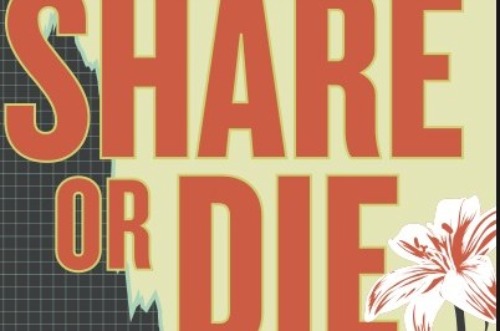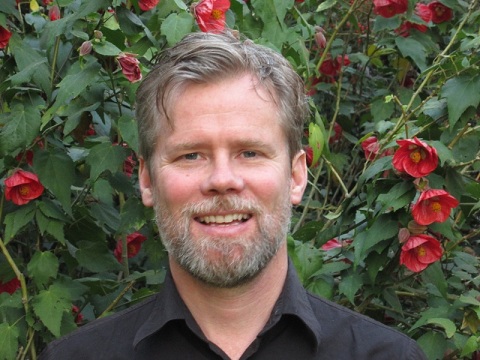About six months ago, a weather-beaten, middle-age man asked me for money on the platform of the Mountain View Caltrain station.
I gave him three dollars. He thanked me, and asked what I did for work. I introduced myself, learned his name (Jeff) and we shook hands. I pulled out a card from my computer bag, and handed it to him as I told him that I publish an online magazine about sharing.
Jeff lit up, “Oh I get that, when you’re homeless, it’s share or die.”
That got my attention and I asked him to explain. Jeff said that a year earlier, his girlfriend drank herself to death alone in a motel room. He said she wouldn’t have died had someone been with her. For him, isolation meant death.
Jeff explained his perspective further, that he had no problem giving his last dollar or cigarette to a friend, that it comes back when you need it. But there are those that just take. You stay away from them.
I asked him about the homeless in Mountain View, which is in the middle of prosperous Silicon Valley. Jeff said there are 800 homeless people in the city, and that each has a similar story.
That conversation got under my skin. I shared it with Malcolm Harris the next day on a call about this book. Half-joking, I suggested Jeff’s phrase, “share or die,” as a title. At the time, I thought it was over-the-top. I wasn’t serious. But, thankfully, Malcolm began using it in correspondence about the book. It stuck.
My conversation with Jeff marked a turning point in my thinking. I had thought of sharing as merely smart because it creates positive social, environmental, and economic change through one strategy.
But Jeff’s story and the directness of his phrase – share or die – broke through my intellectualization of sharing. Jeff helped me see something that I was blind to, even though I knew all the facts – that sharing is not just a smart strategy, it’s necessary for our survival as a species. This has always been so, but today our condition is especially acute – we’re using 50 percent more natural resources per year than the earth can replace. And global population and per capita consumption are growing. It’s now glaringly obvious to me that we need to learn to share on a global scale fast, or die.
But the threat is not only one of biological death. Those like me, who are in no danger of starving, face a spiritual death when we act as if well-being is a private affair and gate ourselves off from the rest of humanity with money and property. We can neither survive nor live well unless we share. It’s my outrageous hope that the young voices in this book do for a generation what Jeff did for me – wakes them to the idea that sharing can save them and the world.
###
This essay appear in Shareable’s paperback Share or Die published by New Society, available from Amazon. Share or Die is also available for Kindle, iPad, and other e-readers. For the next article in Share or Die, Malcolm Harris’s “Forward!”, click here.









